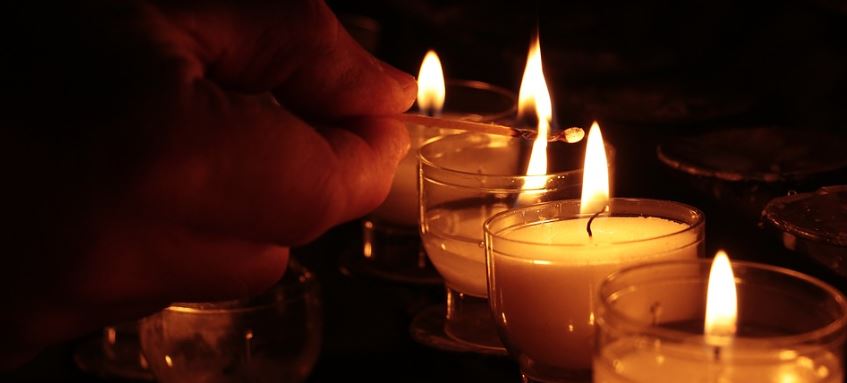Before a Bellingham cremation service, you have the option to donate your body or your organs after you die. Bodies are donated to medical schools for research, and then are cremated after the medical school has completed harvesting what they need for their research. With whole body donations, many parts of the body can be studied.
If, for example, the deceased suffered from pulmonary disease, the pulmonary system can be studied, while if the deceased suffered from an inherited neurological disease, such as Huntington’s Disease, the brain can be studied. Body tissue can also be harvested and used for research or for transplants.
Hospitals handle organ donations. It is very easy to become an organ donor. You can specify that you want to be an organ donor when you renew your driver’s license.
When you are an organ donor, the hospital staff will ensure that the organs have sufficiency – which may mean keeping you on life support for a short period of time – while they make arrangements for organ transplants. These organ transplants might be anywhere in the country.
Once the organ transplants are arranged, the hospital staff will harvest your organs and get them on the way to the recipients. The hospital staff will also make arrangements for your body to be transported to the funeral home.
Hearts, livers, kidneys, and lungs are commonly donated organs. If your heart, kidneys, liver, and lungs are healthy, they can be used to provide several people with a longer and better life, so you are actually giving life even when you die.
When hospitals harvest organs, they have a very honorable and respectful process. As the deceased is being transported into the operating room where the organs will be harvested, the hospital staff and family will line the hospital corridor leading to the operating room for a Walk of Honor, which is a way of thanking the person for donating their organs.
Deciding to do body and organ donations is difficult for some people because they don’t understand the Hippocratic oath of “Do No Harm” that guides medicine. Some of these misunderstandings can be cleared up simply.
One misunderstanding you may have is the belief that if you’re an organ donor and hovering between life and death, the hospital staff do everything they can to save you if it’s feasible. That’s just not true.
Sometimes, as with brain death or severe brain damage from a stroke or car accident, saving your life will not give you any quality (or even knowledge) of life. But the choice to keep the person on life support or to take them off always lies with the medical power of attorney (who is following the dictates of a living will) or the family if there is no living will.
A common misunderstanding about body donations is that the donation will be rejected if you were ill when you died. Again, the bodies of people who were ill and died as a result are the bodies medical schools need because they can do research to learn more about the disease or diseases that the deceased had. They can then use that knowledge to create improvements that will help other people who have the same disease or those diseases.
Another misunderstanding about body donations is the belief that your family will have to pay more for funeral arrangements. That’s usually not true. In most cases, the medical school that receives your body for research will take care of the funeral expenses.
If you’re considering a body donation, talk to the medical school you’d like to donate your body to find out how they handle final arrangements and make sure your family knows you want your body donated for medical research and where you want it donated.
If you’d like to learn about arranging a Bellingham cremation service, our empathetic and knowledgeable staff at Moles Farewell Tributes & Crematory – Bayview Chapel can help.
